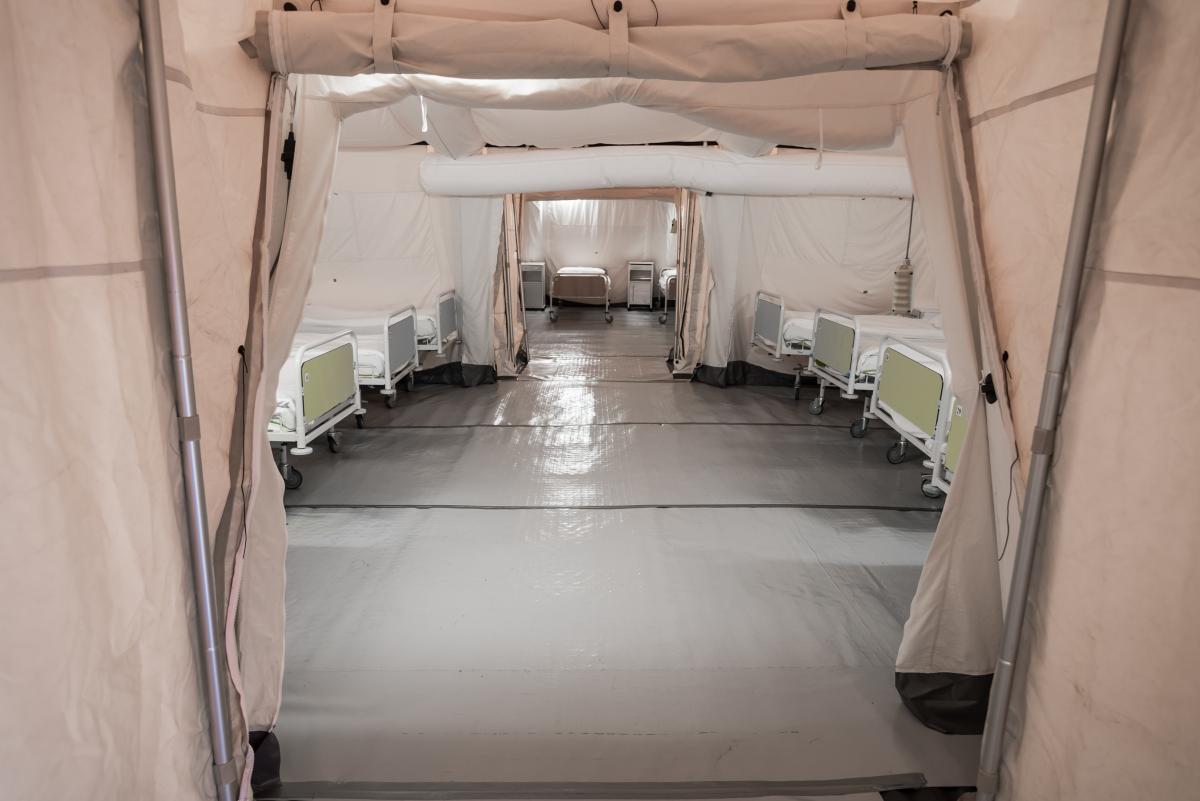
RAINN’s public policy team is working with state agencies to address emergency preparedness and response measures for survivors of sexual violence, particularly children, during the COVID-19 pandemic.
“During natural disasters and in conflict zones, the prevalence of sexual violence increases,” said Camille Cooper, RAINN’s vice president of public policy. “There are so many things we need to consider in this crisis to ensure that we’re doing all we can to prevent sexual violence and appropriately respond when it does happen.”
Stay-at-home orders across the nation prompt questions about how the health and safety of children will be affected, especially for those who are required to stay at home with an abuser in their household.
If a mandated reporter or child reports abuse, the standard response protocols may be impeded by the crisis, given that law enforcement is stretched thin and child advocacy centers are not fully operational.
“We’re reaching out to centers and organizations across the country and urging them to develop a plan to protect children in these situations,” said Cooper.
Another issue RAINN is taking into consideration is that children who are at home during quarantine are separated from their network of supporters, such as friends, teachers, neighbors, and mentors. For a child who is experiencing abuse in the home or is at risk for abuse to start, being separated from this community of support creates a barrier to reporting if something does happen.
RAINN is also working with partners online to reach children, whose screen time is up about 50%, according to Axios.
In addition to these concerns for keeping children safe from abuse, RAINN’s policy team is looking at other ways survivors could be impacted by the crisis.
To support state governments and emergency management organizations responding to public health concerns by establishing satellite testing and treatment facilities, RAINN developed a checklist of priorities to protect individuals and prevent sexual violence. They also are creating a set of suggested response measures to put in place if something does happen.
“We’re asking all these questions right now to figure out what we need to do to ensure that these facilities are designed to prevent and respond to sexual violence,” said Cooper.
The policy team is also preparing for how the crisis will affect survivors’ access to medical care after assault. When hospitals are overwhelmed with COVID-19 patients, survivors still need to be able to get access to Sexual Assault Forensic Exams to collect vital DNA evidence and get the care they deserve.
“We are working hard to make sure that both child and adult survivors have services available and information to help them stay safe,” said Cooper.